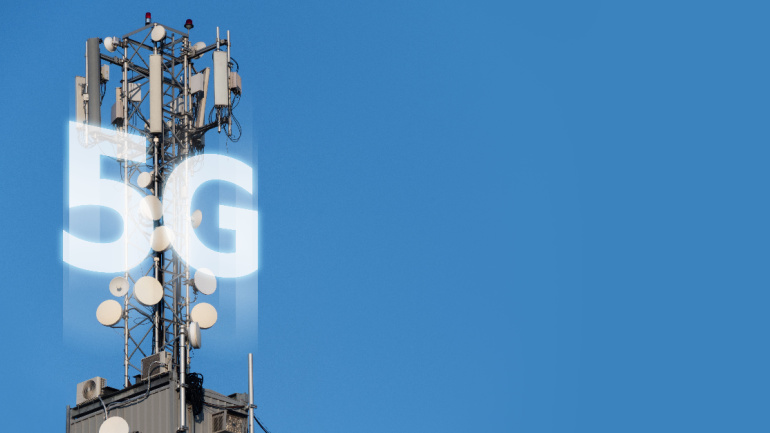Ericsson, Vodafone, and Qualcomm Technologies recently pioneered data transmission via RedCap on a European network for the first time, unlocking a more streamlined, efficient mode of connectivity for IoT and other devices. Tested on Vodafone Spain’s 5G platform, the Ericsson’s RedCap technology enhances connectivity potential while providing economic and efficient data transmission. Furthermore, the demonstration introduced a new technology, New Radio Light, for extending battery life of customer devices.
Global mobile core network market’s slowest quarterly growth since 2017, according to Dell’Oro, is attributed to tough political and economic conditions and slower 5G network rollouts. Distinctively unstable trends mark the sector, with Huawei holding the lead in provider rankings for Q3.
In a strategic move to meet the escalating demands of the 5G era and burgeoning broadband connectivity in India, Nokia has joined forces with Bharti Airtel for a significant overhaul of the optical network infrastructure. The project aims to deliver ‘massive capacity,’ enhanced reliability, and cost efficiency for enterprises, operators, and hyperscalers in the region.
Travelers and businesses at Edinburgh Airport can expect notably improved 4G and 5G coverage, courtesy of telecom giant Vodafone. This upgrade not only means faster data speeds and better call quality, but could also pave the way for exciting new services such as digital passport controls and contactless check-in. Despite the complex infrastructure involved, Exchange Communications assures the ensuing benefits will outweigh the cost.
The UK’s Department for Science, Innovation and Technology earmarked £36 million from its budget for 10 regions, highlighting a drive towards 5G innovation. Projects range from enhancing port operations to supporting advanced manufacturing and boosting tourism. However, an interesting aspect to note is the unique applications, including agricultural advancements in Sussex and the creation of 5G science parks in Oxfordshire.
As Great Wall Motors’ subsidiary, EA, surges ahead in the sphere of intelligent equipment and automated production, one can’t help but note its acceptance of a 5G advanced network, shaking off constraining wired networks of yore. The move is tipping the scales in favor of increased efficiency and dependability in the production line, opening a new chapter in China’s modernization.
President Biden’s administration has launched an extensive review of over 2,700 megahertz of spectrum, perceiving its significant role in the nation’s technological leap. The initiative intends to implement a well-grounded American spectrum strategy, focusing on fostering tech advances, heightening public understanding about its economic role, and fostering a cooperative national framework.
As the year draws to a close, the Radio and Internet Services Department (RDI) is inching closer to launching private local spectrum licenses for enterprise clients. Set to equip them with the 3.5GHz spectrum and power the assembly of private 5G networks, this promises to transform sectors such as Virtual Reality and autonomous vehicles. However, some concerns have borne by airports and ports on fair allocation.
As 5G Fixed Wireless Access (FWA) evolves with its next phase, 5G Advanced, worldwide research indicates growth and potential for higher speeds and reduced latency. The Middle East currently showcases impressive progress with over 1.6 million 5G FWA users. Yet, debates exist over its future, exploring whether 5G FWA will remain an affordable alternative to fixed broadband or tap into its speed for new applications. Moreover, cost is a concern for Customer Premises Equipment (CPE) devices, considered a current hurdle in advancing 5G FWA.
Almost half of Britain’s deprived rural areas lack access to 5G, according to a study by Vodafone. Urban communities fare better, but the digital divide remains significant. While this disparity supports Vodafone’s push for a merger with Three to improve coverage, government approval is still pending. Is this research merely a tactic to justify the merger, or does it genuinely highlight the urgent need for connectivity solutions in these regions?













